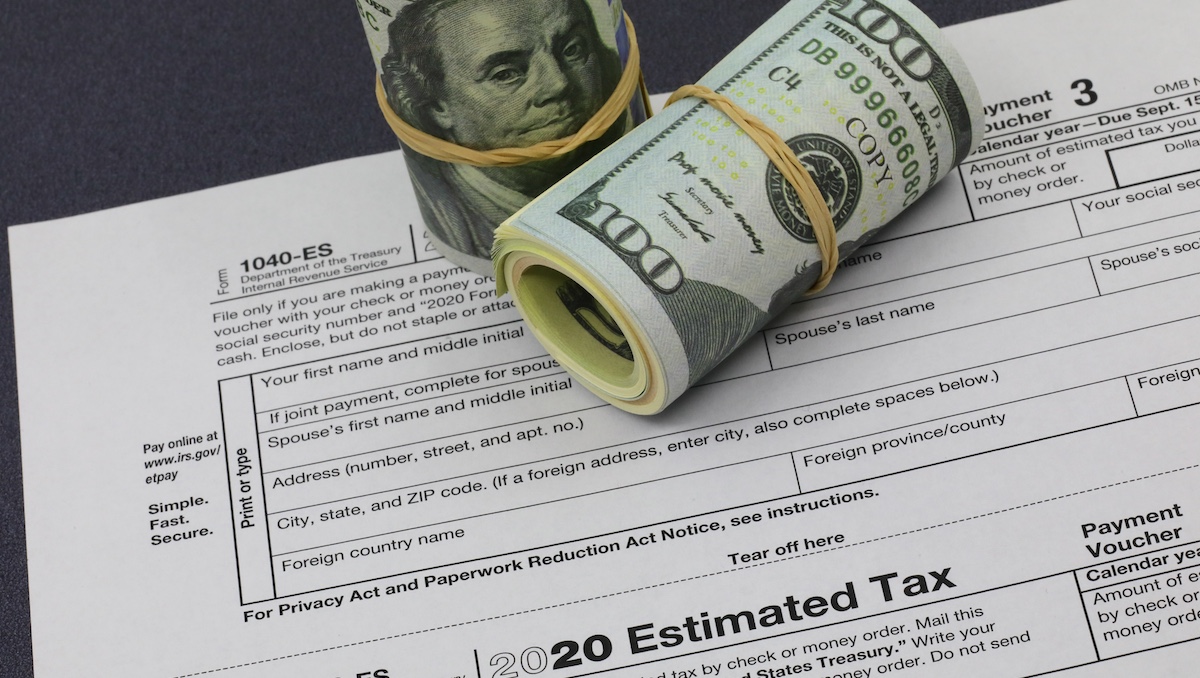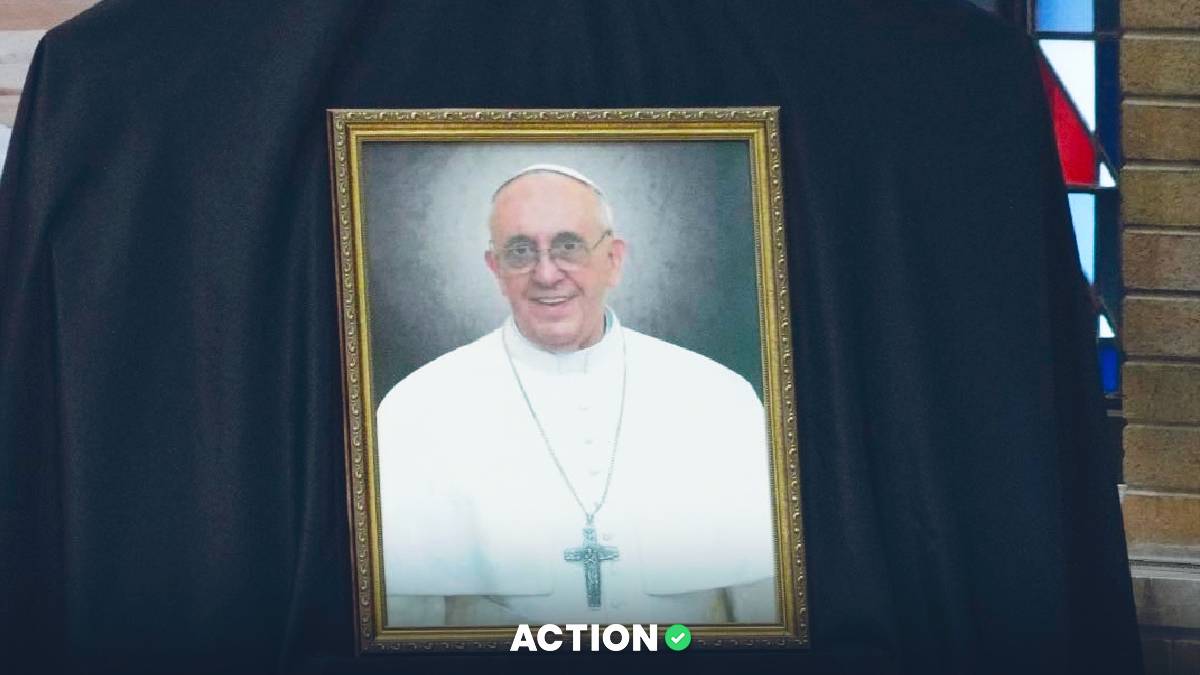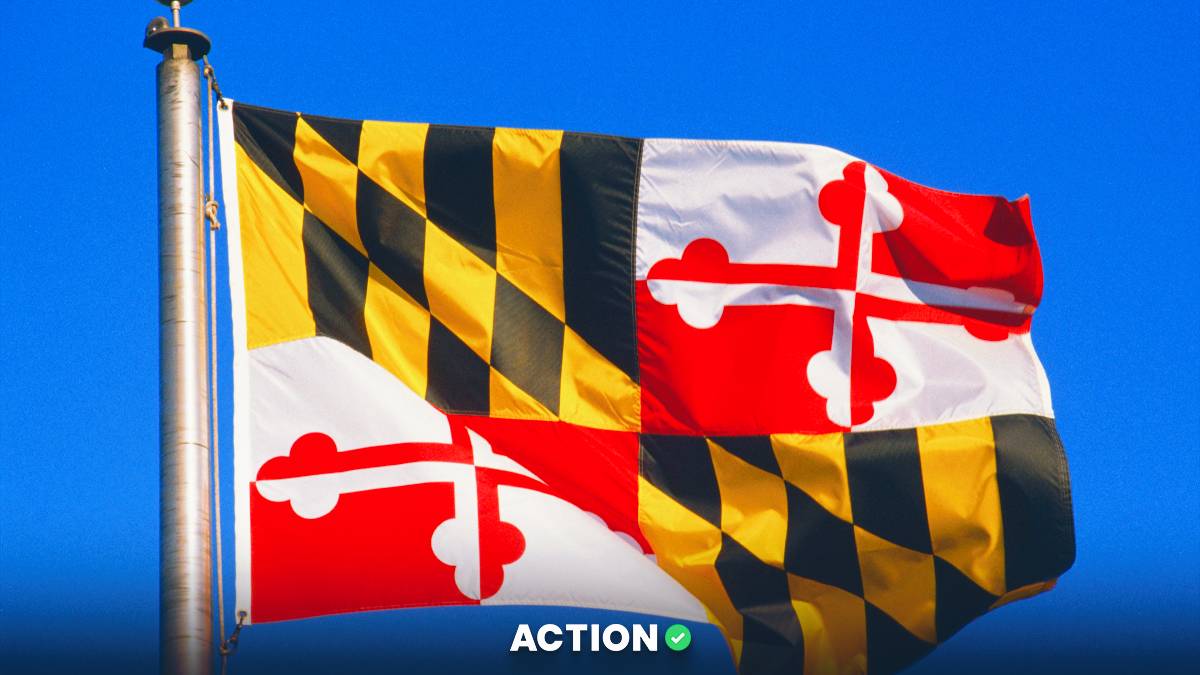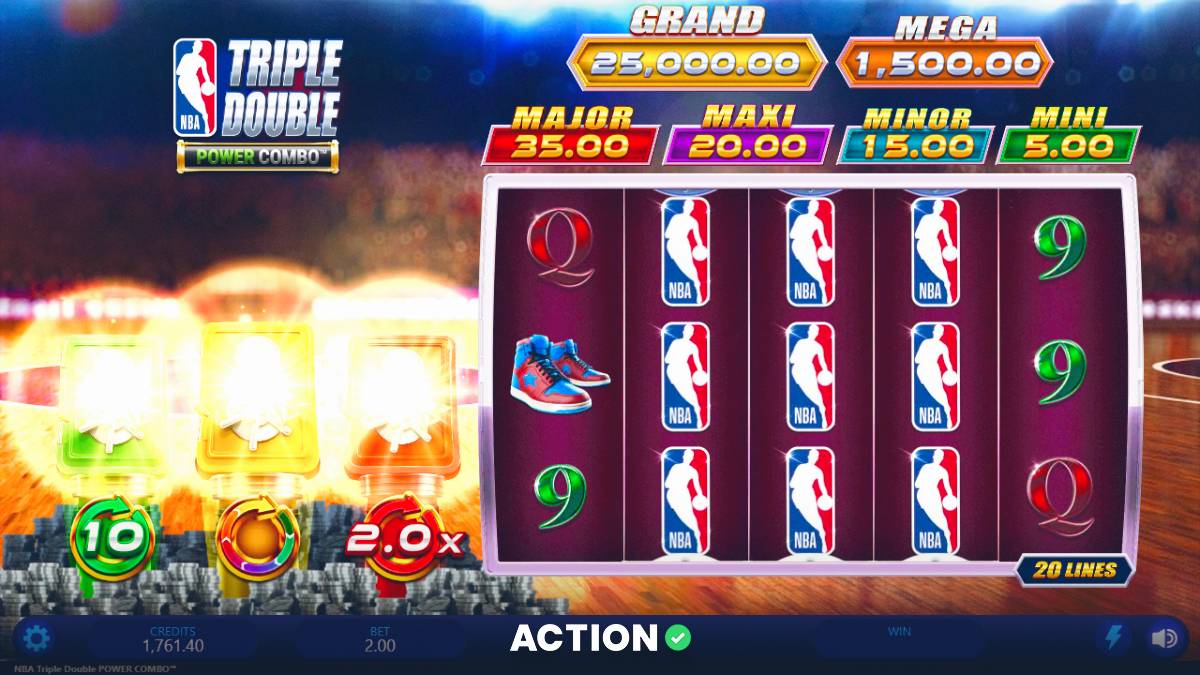A new report may raise the eyebrows of gamblers and tax collectors alike.
An independent IRS watchdog group, Treasury Inspector General for Tax Administration (TIGTA), reports that nearly 149,000 Americans with gambling winnings over $15,000 didn’t file tax returns between 2018 and 2020.
These gamblers won over $13 billion, resulting in unpaid taxes of around $1.4 billion.
TIGTA reviewed W-2G forms from casinos, which are generated when gamblers win slot jackpots of $1,200 or more or Keno wins of $1,500 or more.
The report partially blames the Internal Revenue Service for the uncollected taxes, noting that about two-thirds of the identified non-filers never received any sort of notice. It also points out additional red flags, including:
- 103,000 winners never received notices or faced efforts to make them comply.
- Hundreds of W-2G forms lack the Taxpayer Identification Number (TIN) needed to track the income to the recipient.
- The IRS has limited processes to spot potential excise tax issues from entities accepting bets, especially in new areas like online sports betting.
The Internal Revenue Code states that gambling winnings which clear a certain threshold are fully taxable and must be reported as income. Filers who itemize can deduct gambling losses up to the amount of their winnings.
What Are W-2G Forms?
Gambling establishments, including online sportsbooks, typically give you and the IRS a W-2G form that shows your gambling winnings and any taxes withheld based on the information you provided to the establishment where you emerged victorious.
According to the IRS, gambling businesses must report payouts that reach certain amounts. You’ll probably get one or more W-2G forms if you:
- Win $1,200 or more from bingo or slot machines.
- Win $1,500 or more from keno.
- Win over $5,000 from a poker tournament.
- Win $600 or more from other gambling activities, like sports betting, where the payout was at least 300 times your original bet.
Businesses need to send you the Form W-2G by January 31. So, if you won big betting in 2024, you should receive the form by January 31, 2025.
IRS Response to Gambling Winnings Report
In response to TIGTA's report, the IRS agreed with the recommendation and promised to start enforcement actions.
The IRS statement reads: “Although we have initiatives already in place to identify non-compliance for income and excise taxes on waging activities, we will review our initiatives and evaluate their effectiveness. In addition, we agree to review the population of non-filers with gambling winnings and prioritize enforcement efforts on high-income non-filers. We strive to properly serve compliant taxpayers while upholding the nation’s tax laws.”
The statement was issued by Danny R. Verneuille, who is the Acting Deputy Inspector General for Audit.
The IRS currently doesn't highlight earnings from sports gambling or online gaming on Form W-2G’s Summary of Withholding Requirements. With sports betting booming across the U.S. and regulated in 38 states plus Washington, D.C., the IRS has promised to inform taxpayers about their filing obligations for winnings from sports betting and online casinos.
TIGTA’s report states, “Form W-2G has not evolved with the growth of the gambling industry. For example, the wager codes on Form W-2G include only nine specific types of gambling activities, which do not include a wager code for sports betting. If there was a wager code specifically for sports betting, the IRS could use this information to identify potential non-filers and under-reporters.”
If you don't file your gambling winnings as part of your tax return and the IRS finds out, then the agency charges a penalty of 5% of the unpaid taxes for each month or part of a month your return is late, up to a maximum of 25%.
The IRS usually pursues criminal charges only in extreme cases where there clear evidence of significant fraud and tax evasion.



















































